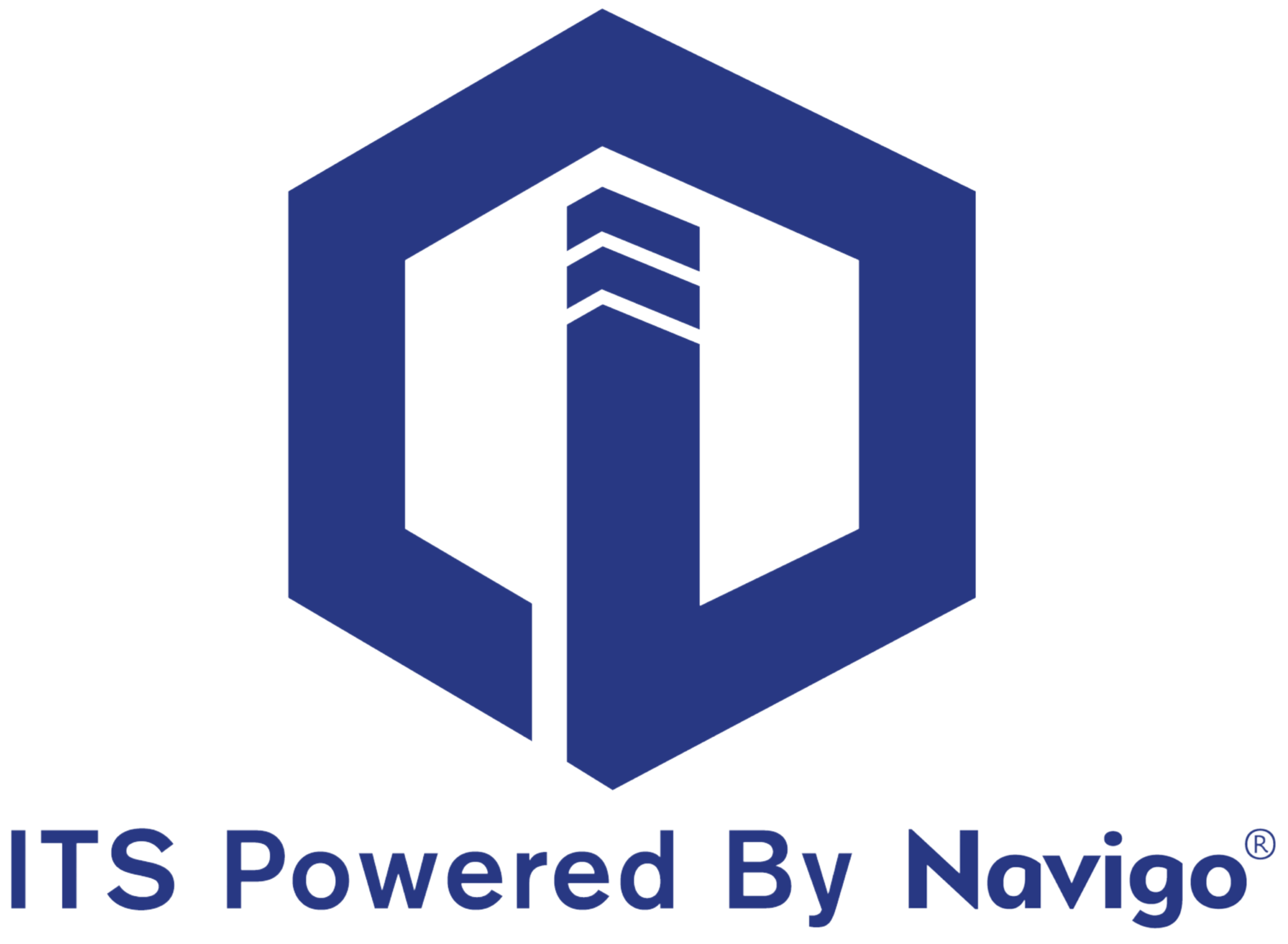Headquarters
7150 Columbia Gateway Drive, Suite L, Columbia, MD 21046
New York Location
112 West 34th Street, 18th floor, Room 18025 New York, NY 10001

A content management system (CMS) for digital signage is a game-changer for businesses looking to deliver timely, engaging content across their digital screens. By using a CMS, companies can manage and update digital signage content in real-time, allowing for dynamic and responsive communication across various locations. Here’s a breakdown of the key updates that a CMS enables in real-time:
A CMS allows businesses to broadcast important messages instantly. Whether it's an urgent safety alert, a company-wide announcement, or breaking industry news, content managers can quickly push updates to all digital displays. This is especially valuable for time-sensitive information like emergency procedures, policy changes, or unforeseen scheduling adjustments.
With a CMS, companies can integrate live data feeds into their digital signage, including news, weather, social media, or stock market updates. In business environments, real-time data such as sales performance, production metrics, or customer feedback can be displayed through integrated dashboards, providing teams with the latest insights to inform decision-making.
For organizations that rely on meeting rooms or event spaces, a CMS can provide real-time updates on room availability and upcoming schedules. Employees can check meeting room status, book spaces, or view event details without manual updates, thanks to automated scheduling systems linked directly to the CMS.
In retail and hospitality sectors, digital menu boards and product listings can be updated in real-time through the CMS. This is perfect for restaurants, cafes, or shops that need to adjust prices, swap out items, or promote special offers without any delay. Real-time updates ensure customers always see accurate, current offerings.
A CMS allows for real-time employee recognition, visitor greetings, or motivational content on screens across the organization. Whether it’s highlighting an employee of the month or welcoming guests at the front desk, real-time updates ensure the displayed content is always relevant and personalized.
In emergency situations, digital signage powered by a CMS can become a crucial tool for safety. In the event of a fire, severe weather, or other emergency scenarios, real-time updates can provide evacuation routes, emergency contacts, or live updates to keep employees and visitors safe.
For businesses that rely on advertising or promotional content, a CMS allows marketers to make real-time adjustments to ad campaigns. For example, retail stores can push time-sensitive promotions, flash sales, or event announcements to digital displays, driving customer engagement and sales on the spot.
A CMS enables businesses to pre-schedule and automate content rotation across their digital signage network. While content can be updated in real-time, it can also be scheduled to appear at specific times or in response to certain triggers. For example, different messages can be displayed during business hours, after-hours, or on weekends, keeping content fresh and relevant for the audience.
With a CMS, businesses can easily update multimedia content like videos, images, or interactive elements across their screens. This allows for engaging, rich content experiences that can be updated on the fly. Whether you’re launching a new product video, switching promotional banners, or running a live event stream, your digital signage stays dynamic and up-to-date.
Efficiency: Automated real-time updates eliminate the need for manual content changes, saving time and resources.
Consistency: A CMS ensures that content is consistent across multiple locations or screens, regardless of geographic spread.
Engagement: Dynamic, timely content keeps audiences engaged and improves communication effectiveness.
Flexibility: With the ability to update content on-the-go, businesses can respond to new opportunities or challenges quickly and effectively.
Scalability: Whether you have a single screen or a global network of digital signage, a CMS enables you to manage content seamlessly across all displays.
A CMS for digital signage allows businesses to manage and update content with unparalleled speed and flexibility, making it easier to keep employees, visitors, and customers informed and engaged in real time.
Explore itouchinc.com for more information on our solutions or contact us for needs unique to your property or project.
7150 Columbia Gateway Drive, Suite L, Columbia, MD 21046
112 West 34th Street, 18th floor, Room 18025 New York, NY 10001
Toll-Free
Phone
© Copyright 2025 ITS, Inc. All rights reserved.
Stay in touch with the latest news and updates from ITS, Inc.
7150 Columbia Gateway Drive, Suite L
Columbia, MD 21046
112 West 34th Street, 18-025
New York, NY 10001